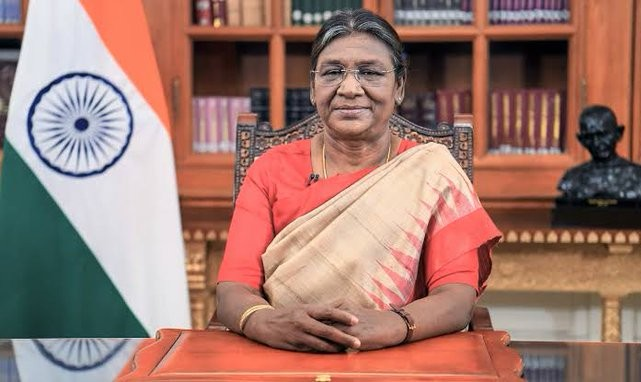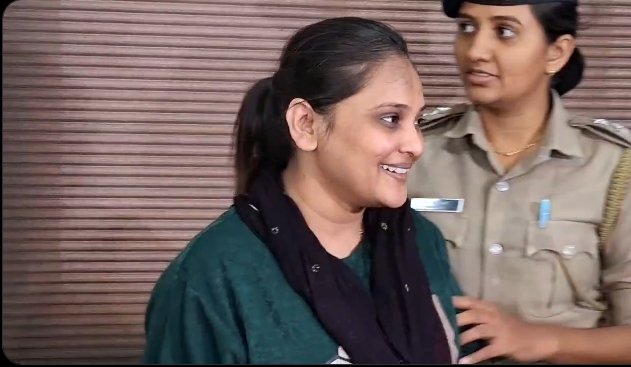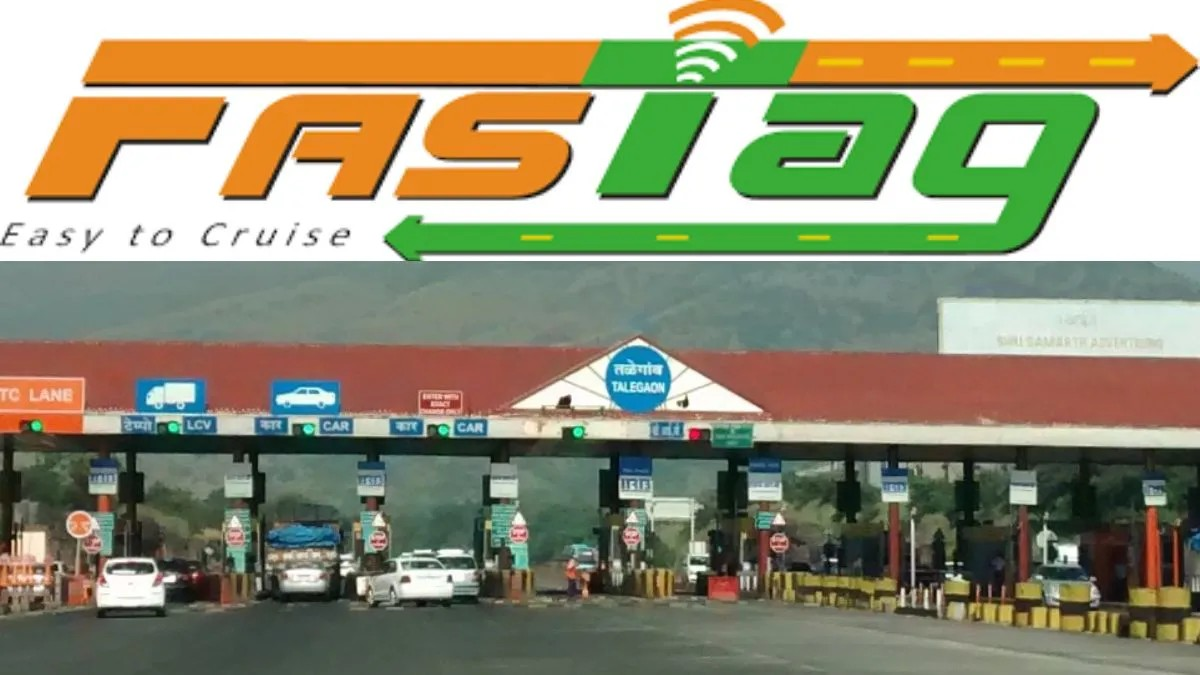Prime Minister Narendra Modi held an urgent briefing at Palam Airport in Delhi early Wednesday morning, shortly after cutting short his state visit to Saudi Arabia, in response to a devastating terrorist attack in Pahalgam, Jammu and Kashmir.
The attack, which occurred on Tuesday, April 22, 2025, in the scenic Baisaran Valley—a popular tourist destination often dubbed “mini-Switzerland”—claimed the lives of at least 26 people, including 27 Hindu tourists, two foreigners, and a local, according to official reports. Several others were injured in what has been described as one of the deadliest attacks on civilians in the region since the abrogation of Article 370 in 2019.
The Prime Minister’s meeting included key officials such as National Security Advisor Ajit Doval, External Affairs Minister S Jaishankar, Foreign Secretary Vikram Misri, and other senior figures. Modi, who had been in Jeddah for bilateral talks with Saudi Crown Prince Mohammed bin Salman, skipped an official dinner and expedited his return to India to address the escalating crisis. Government sources confirmed that the PM was originally scheduled to return on Wednesday night but arrived early to take stock of the situation.
The Pahalgam attack, claimed by The Resistance Front (TRF)—a proxy of the Pakistan-based Lashkar-e-Taiba (LeT)—targeted tourists in a calculated act of violence. Reports indicate that the attackers checked the religious identity of victims, forcing male tourists to reveal their faith before opening fire. Among the deceased was Lieutenant Vinay Narwal, a 26-year-old Indian Navy officer from Haryana, who was on leave and had recently married on April 16. The attack has sparked widespread outrage across India, with political leaders and citizens condemning the brutality.
Security forces, including the Indian Army and Jammu and Kashmir Police, have launched a large-scale search operation in the Baisaran area to apprehend the perpetrators.
As the nation mourns, the government faces mounting pressure to deliver on its promise of justice and ensure the safety of tourists in Kashmir, a region striving to reclaim its status as a peaceful haven for visitors.







